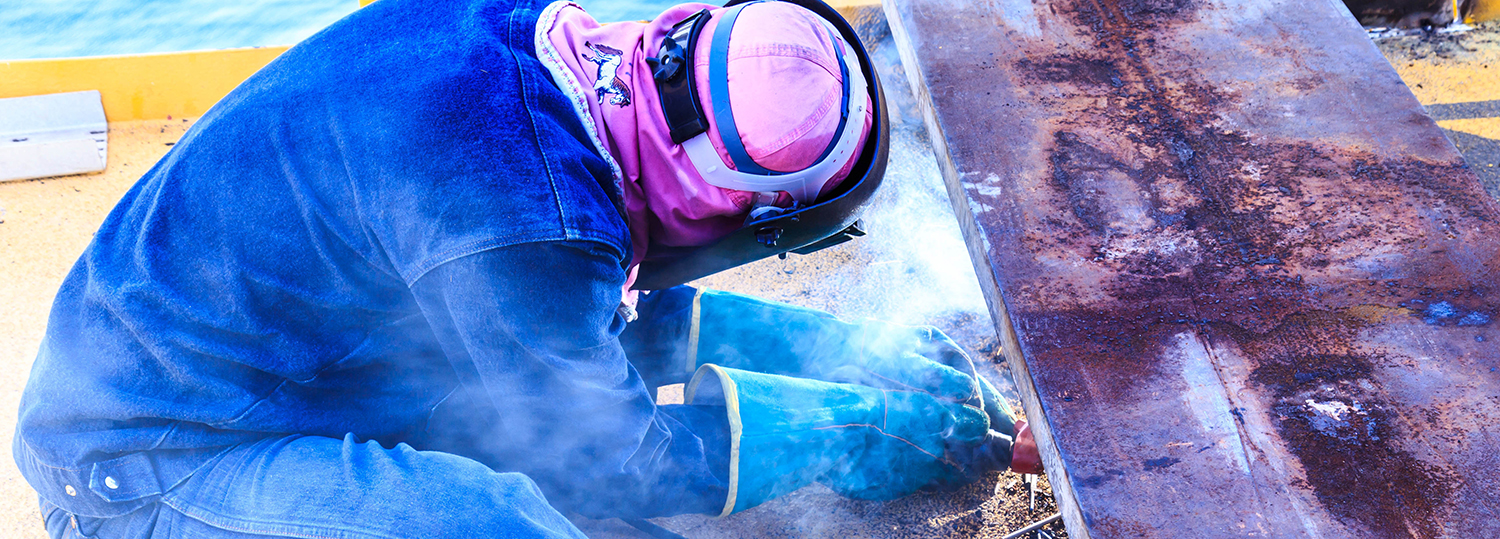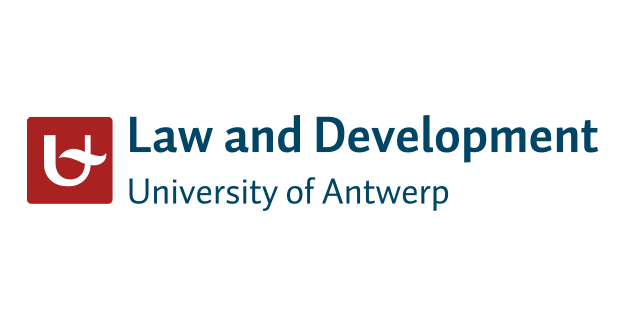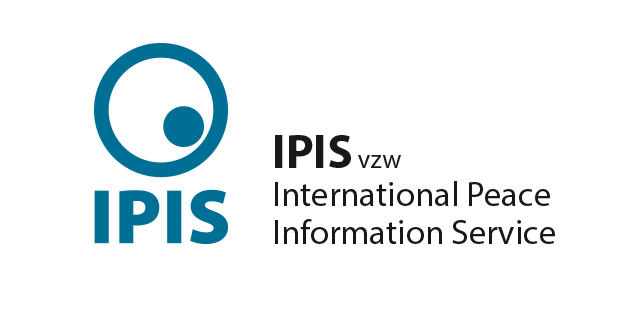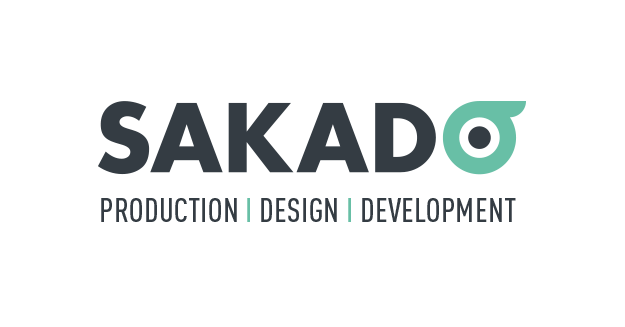8 Human rights due diligence
Why is human rights due diligence important?

HRDD is necessary for any organisation to know and show that it is respecting human rights in practice.
Some organisations’ operations, products or services are inherently risky, while for others the context or circumstances of their operations (e.g. rule of law issues, lack of enforcement of human rights standards, behaviour of other actors along the supply chain) may increase the risks. Due diligence should help organisations anticipate and prevent or mitigate these adverse human rights impacts.
Effective prevention and mitigation of adverse human rights impacts will help an organisation maximise its positive contributions to society, improve stakeholder relationships and protect its reputation. An organisation can also carry out due diligence to help it meet legal requirements.
Due diligence can help organisations create more value, including by:
- Identifying opportunities to reduce costs;
- Improving understanding of markets and strategic sources of supply;
- Strengthening management of specific business and operational risks;
- Decreasing the probability of incidents;
- Decreasing exposure to systemic risks.
Human rights impact assessments can provide a process for organisations to understand and address adverse human rights impacts. The assessments can facilitate dialogue between an organisation and stakeholders, and can give insight on the stakeholders’ perception of the organisation. The assessment enhances the accountability of organisations through publicly documenting the impacts identified, as well as the responses to address these impacts.




